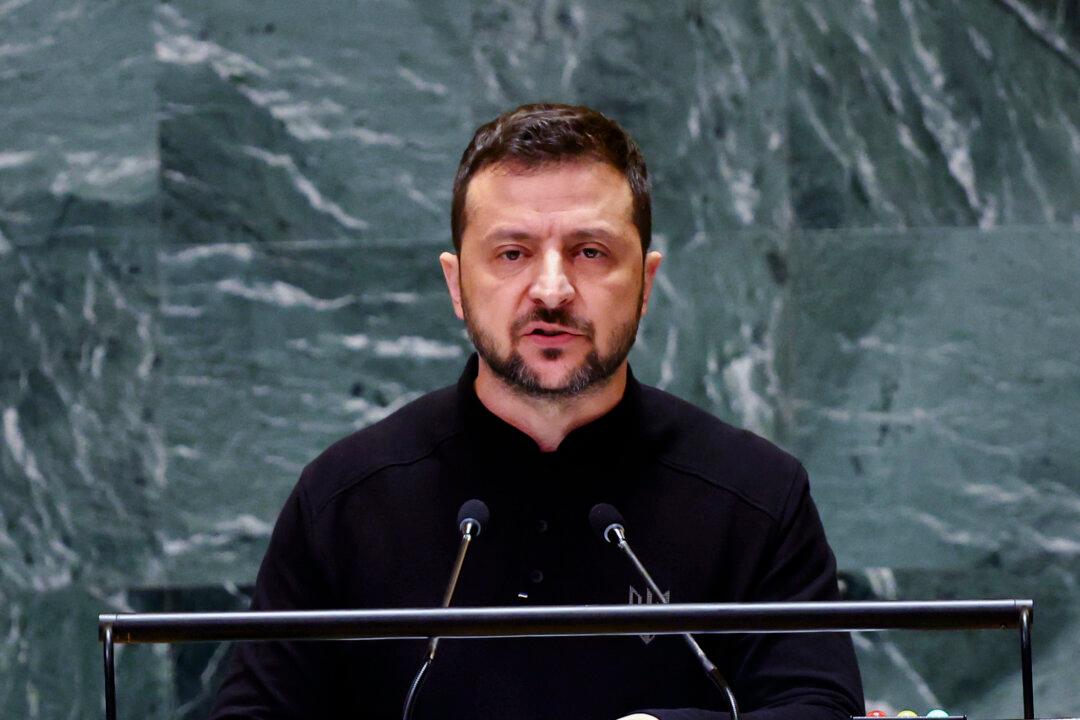Ukrainian President Volodymyr Zelenskyy has said he would be willing to enter a cease-fire agreement with Russia if the unoccupied parts of his nation receive NATO protection.
The embattled leader said during a Nov. 29 interview with Sky News that such an arrangement would allow Kyiv to diplomatically seek the return of its occupied lands with Russia.




